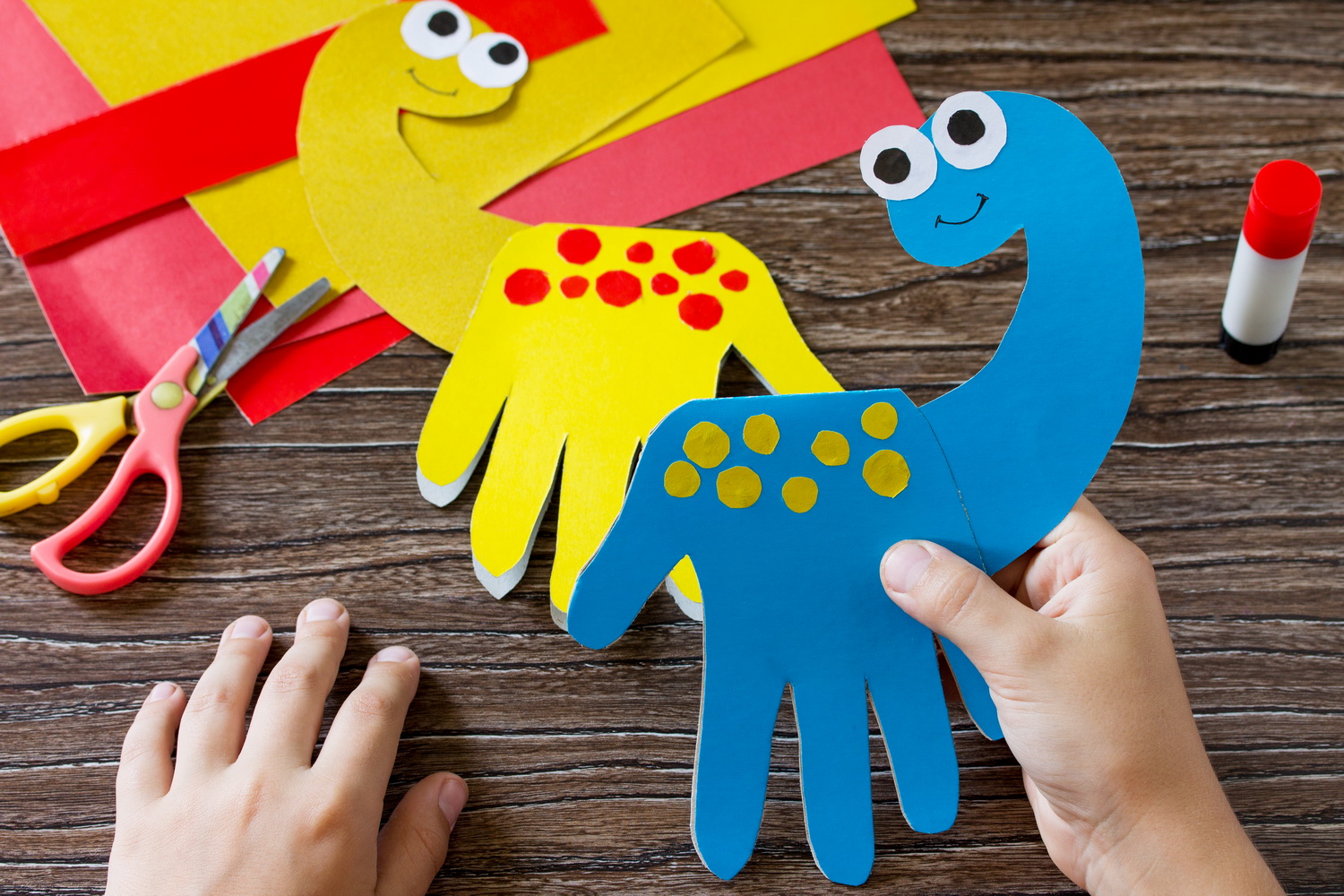Child Learning Difficulties and Problem Behaviors: How to Get them Past?
Oct. 9, 2016
Sometimes as parents, we don’t expect our children to struggle with the basics, like learning their ABC’s, shapes, or numbers. It’s tough to watch our children struggle, and while we might be tempted to pass it off as “just a phase”, it’s imperative that we act early to help our kids learn and grow.
At Kids Academy, we take your child’s learning as seriously as our own. That’s why we’ve taken the time to compile a list of some of the most frequently asked questions about learning difficulties. Below you’ll find the tough questions that parents often have, and how to help your child overcome their obstacles.

Q: My child seems uninterested in learning. As a toddler, reading was a forced activity. He seems only interested in watching his TV shows. How do I motivate him to enjoy learning?
A: All kids are different. Some children love reading and learning, while others would rather run and climb all day long. For these kids, another approach should be taken. Instead of forcing your child to sit and read, work in learning into their everyday routine.Talk to your child during ordinary times, like at dinner time, or out at the grocery store. Make any moment a learning experience by pointing out the words and letters around them, or talking about math in everyday situations.
Additionally, use what they do like to expose them to an educational opportunity. If your child likes TV shows, they probably would love games on a phone or tablet. There are countless quality learning school apps for kids available that might engage your child and motivate him learn.
Q: My kid is struggling with confidence. She loves simple math and working with numbers, but she refuses to write because she cries that she “can’t do it”. How can I help her build confidence?
A: Many children battle esteem or anxiety issues, and it may be difficult to motivate your child to attempt a skill when they’re afraid of failure. For this type of child, reinforce that failure isn’t a bad thing. If your child is constantly saying “can’t do it”, take it slow, and allow them to work at their own pace. Check out apps that allow your child to practice tracing letters, increasing the difficulty only when they’re ready. If that means only working on a few letters at a time for however long it takes, then that’s perfectly fine. They will build confidence once they experience more success.
Q: My toddler is having trouble learning letters and numbers. It’s not that she doesn’t like reading or learning about things—she just can’t remember them. What can I do to help her?
A: First, play it safe by contacting your child’s doctor, and letting them know that your child face a problem remembering basic information. Your doctor will want to rule out any hearing problems or possible learning delays. Regardless, for a child who is having trouble learning, have them practice the basics through play.
Download quality apps that focus on beginning academic skills, and work together with your child to learn letters, numbers, shapes, and more. Talk to your child as much as possible, including academic words into your everyday conversation by pointing out shapes, numbers, letters, and colors.
Q: My preschooler has hard time focusing. He loves reading, watching, and learning about everything he can, but he doesn’t seem to pay attention long enough to finish any single book or show. How can I help him slow down and focus on what he’s doing?
A: Preschoolers naturally have short attention span, but if your child is extra fidgety, teaching your child to focus can be a challenge. If the problem is keeping your child focused, give your child something to do while practicing learning skills.
For instance, print free kindergarten worksheets for kids that allow your child extra practice in a particular skill you want him to focus on. While working with him, allow him to sit on an exercise ball if he’s working at a child’s table, or hand him a stress ball to squeeze in his non-working hand. This will satiate his need to move, while keeping him focused on the task at hand.
By doing this, your child will eventually learn how to regulate his need to move and the distractions around him in order to focus on a task long enough to finish it. Many teachers exploit similar techniques in the classroom to allow fidgety children the opportunity to manipulate something while they focus on their work.
When it comes to our kids, dealing with learning and behavioral issues can be tough. Thankfully, you’re not alone. Hopefully, in addressing some of the most common challenges faced by parents today, you can feel confident that you’re doing everything you can to help your child learn and grow to his or her potential.
Check out a new collection of bedtime fairytales on our Youtube channel! Online storytelling has never been more thrilling!




.jpg)





